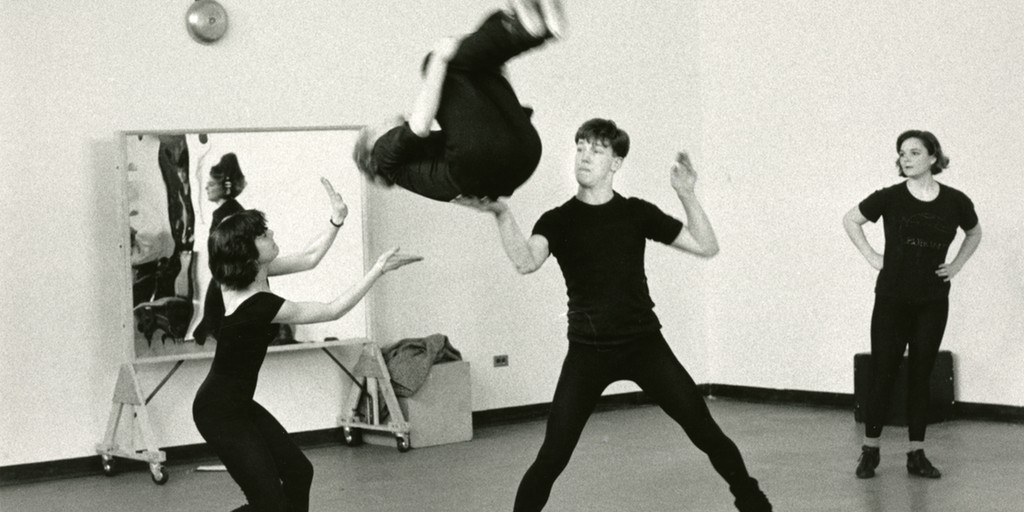
Today the profession has become even more competitive as an increasing number of actors are entering an unstable job market.
When the League of Professional Theatre Training Programs began in 1972 there were only a handful of university-sponsored acting programs, currently there are nearly 300. At the time, regional theatres contracted actors on a yearly basis thereby providing them with professional stability. This situation began to change during the middle-1970s when external sources of funding for these theatres decreased. Nevertheless, university acting programs have proliferated ever since. From Alaska and Hawaii to Florida and Maine, BFA and MFA programs have become ubiquitous at America’s colleges over the past twenty years despite the fact that the professional demand is simply not there.
Do our colleges and universities have a responsibility to prepare students for the limited employment opportunities awaiting them upon graduation?
Furthermore, most of these programs function under the auspices of a “theatre” department in which the actor training will consist of a curriculum and pedagogy designed for the stage. Given the extraordinary professional challenges confronting theatre actors, how do these programs justify a steady diet of movement and voice classes in conjunction with departmental productions of the likes of Shakespeare and Chekhov, when in reality they’ll be competing for Crest commercials and a guest spot on Law and Order in several years?

Peter, this is a great question. I think the actor training programs should be hip to all that is happening NOW in the business of theatre, but they must also keep the actor grounded in the ideas and techniques of performing Shakespeare and Chekhov. The size of the space is part of performance rehearsal/preparation, so is the amount of time you are given to tell the story. This all translates to a 15 or 30 second spot on TV. I know many actors who have booked commercials saying “you still have to know the who? what? where and why? when you audition for L&O or the Crest commercial. You still have to tell a story.”
SHOULD it be the job of the training programs to cater (or pander) to a backwards, commercialized, inartistic industry? When Michel St. Denis conceived the structure of the Old Vic Theatre School, which remains the major model for institutional training programs here & abroad, it was with the aim of developing new and experimental work. The laboratory element of the school worked hand in hand with the producing element of the theatre to instill craft AND push the form forward. In many instances the pedagogy itself was experimental. Universities are institutions dedicated to research. Shouldn’t the theater programs housed in them be similarly dedicated to practical theatrical research (a la Peter Brook), to “disrupting” the field?
I’m sure it’s insufferably naïve, but it seems to me that a university theater program could be an ideal place for a theatrical revolution as conceived by St. Denis. If the emphasis in training is on blandly repeating forms, the only goal to “get jobs,” the field remains stagnant and the power structure of the industry unchallenged.
Thank you, Grant, for your insightful question and substantive post. I couldn’t agree with you more that training programs are responsible for providing students the skills, knowhow, and inspiration to craft their individual artistic identities and shape the future of the American theatre. St. Denis was operating at a time of course when the professional landscape was quite different, insofar as making a living working for not-for-profit theatres was possible in ways that it is not today. Nonetheless, your point is well taken: “university theater” can indeed “be an ideal place for a theatrical revolution.”